Proline is a nonessential amino acid, needed to create collagen. Proline can be synthesized by glutamic acid.
Since it is nonessential, this means that proline can be synthesized by the body but it can also be obtained through food.
It has not yet been fully studied but results from numerous studies indicate that it is of particular importance for the tendons and joints due to its significant amounts of collagen, which builds and maintains connective tissue and bones.
It is posited that proline is found in the composition of all proteins in all organisms on Earth. Proline supports all organs and is a determining factor of their strength.
Benefits of Proline

As stated, the primary function of proline is the making of collagen. The amino acid helps muscles retain their elasticity and protects the skin from the harmful effects of UV rays.
It plays a role in the synthesis of asparagine and aspartic acid, while at the same time helping absorb proteins when creating healthy cells in the body.
The benefits of proline aren't limited to just maintaining beauty and youthfulness. It plays a key role in treating serious diseases such as osteoporosis and chronic back pain.
At the same time, proline's ability to aid protein absorption makes it preferable for athletes and people who are subjected to severe physical workouts, with the aim of preventing the loss of muscle mass.
The latest scientific data confirm that proline is a key component in the elastic filament called titin. Titin has the ability to stretch out in areas containing active contractile proteins and thereby creates muscle tension.
This tension depends on the flexibility of titin, which in turn depends on the concentration of proline in it. What this ultimately means is that the flexibility and ability for muscles to stretch depend on the amount of proline in the stretchy, spring-like protein titin.
Sources of Proline
Proline can be procured from meat, eggs and dairy products, as well as sources of glutamic acid, the basis for its production.

Good sources of glutamic acid are brown rice, legumes, cereals, bread, whole grain pastas, fermented soy products.
Taking Proline
Athletes take proline in the form of food supplements to avoid losing muscle mass. Even though it's nonessential and can be produced by the body, it can also be obtained from food.
Vegetarians and individuals on a low-protein diet need to take proline in the form of a food supplement. Usually, proline is combined with vitamin C for better results.
Deficiency of Proline
Deficiency of proline is linked to insufficient glutamic acid intake. As a result of the decreased synthesis of proline, a number of cosmetic and dermatological problems appear, expressed in loosening of the skin, worsening hair quality, brittle nails.
Dangers of Proline
As a result of the improper breakdown of the amino acid on the part of the body, very high levels of proline in the blood are possible.
This may result in fainting and intellectual difficulties. Extremely high levels of this protein in the blood may also be due to a hereditary disease.


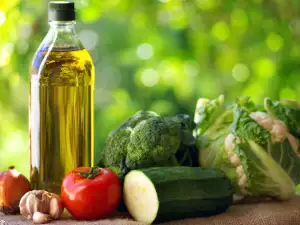
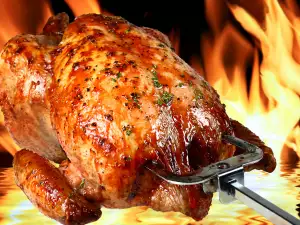
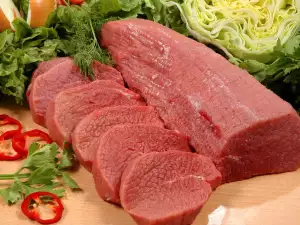
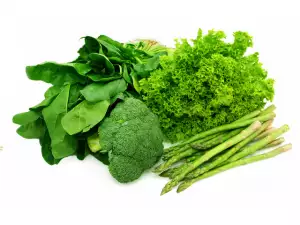
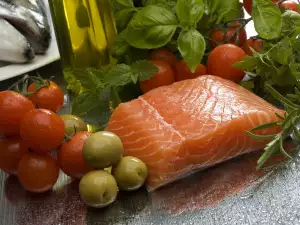

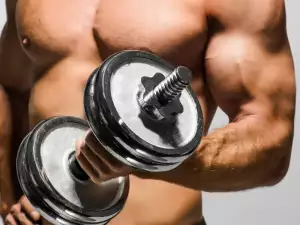







Comments